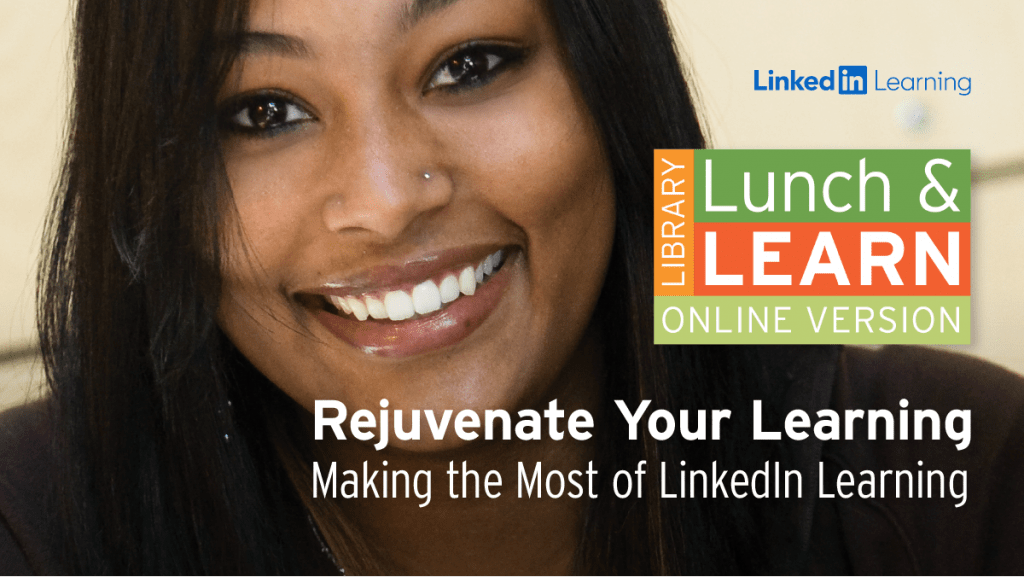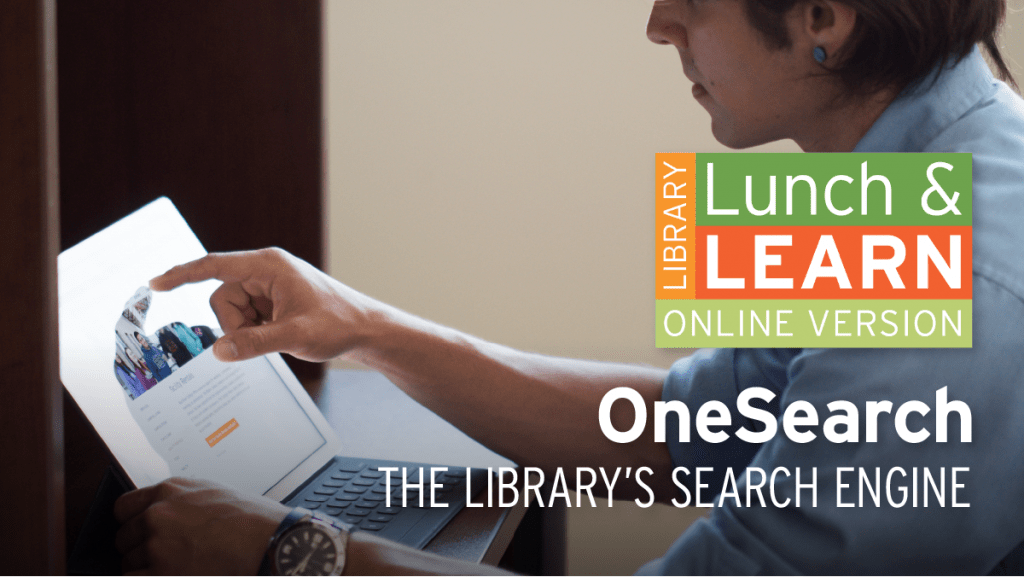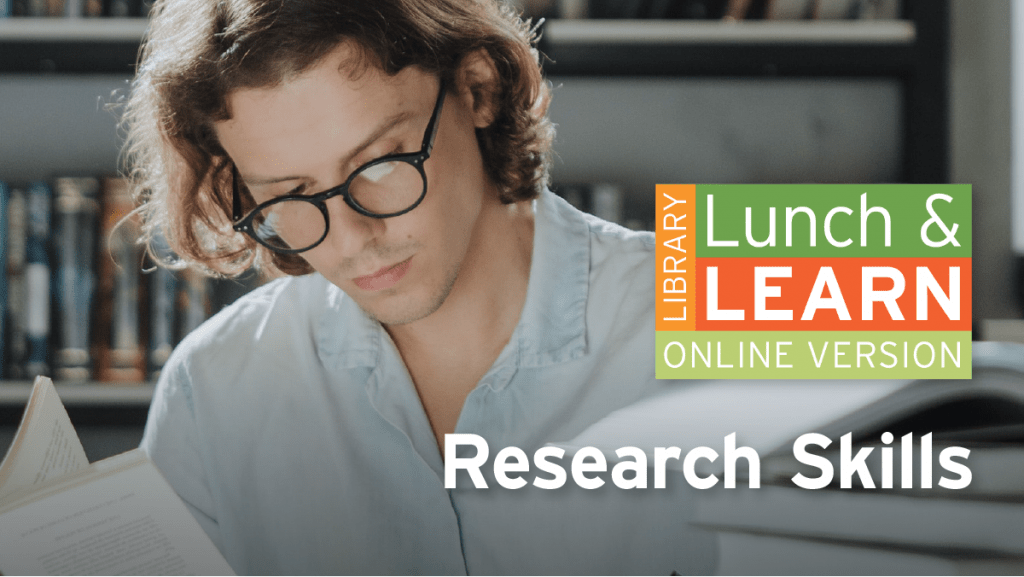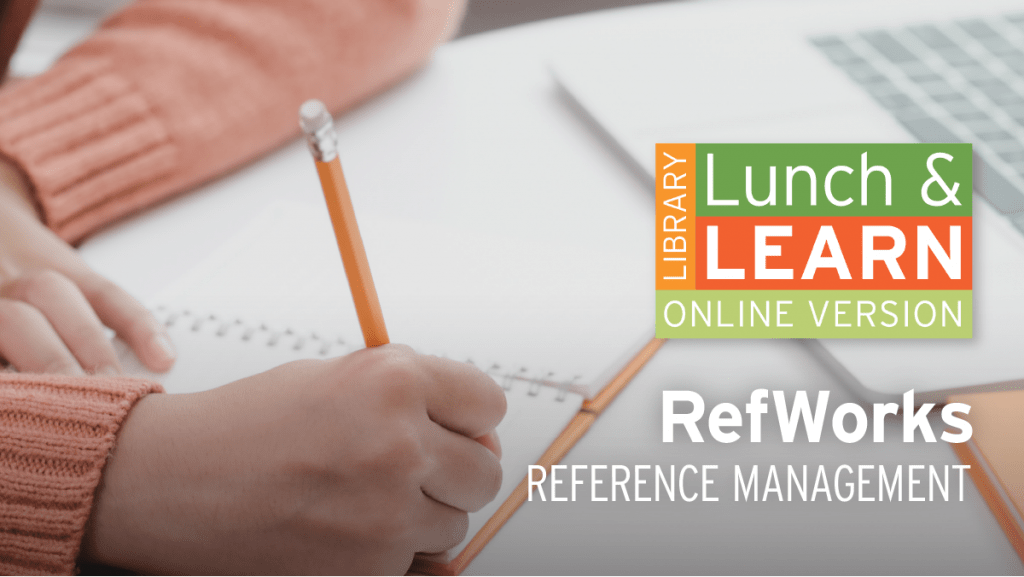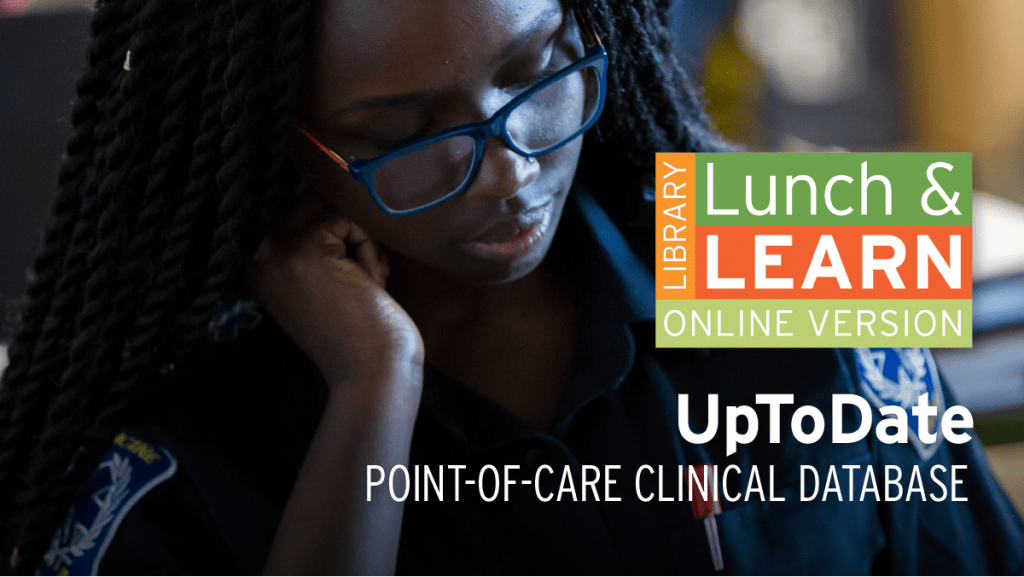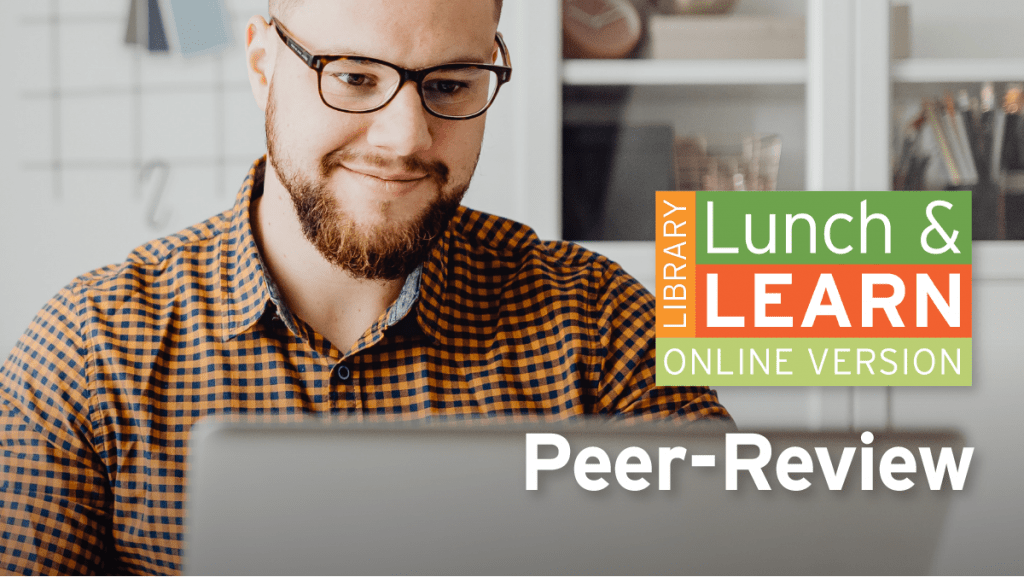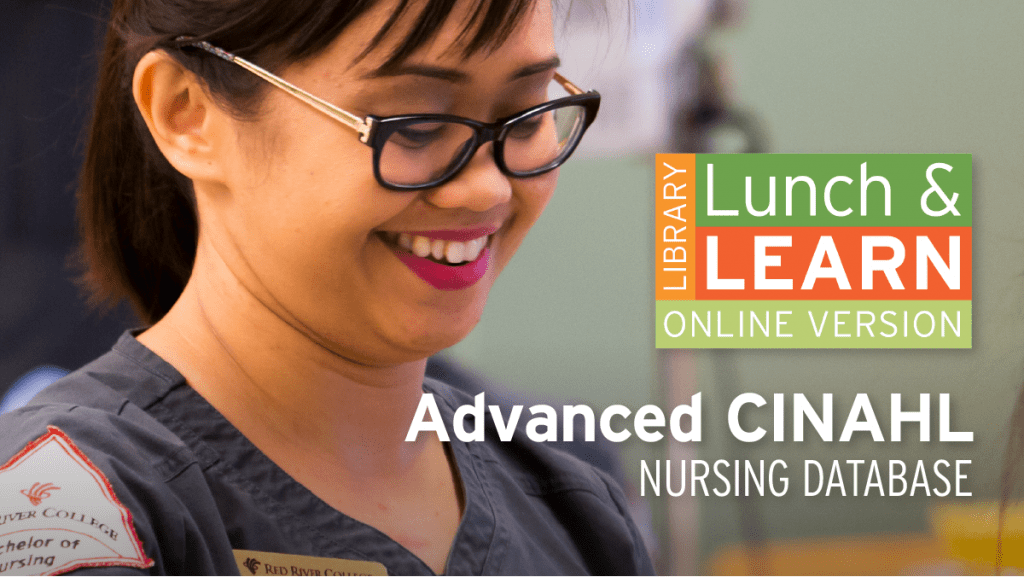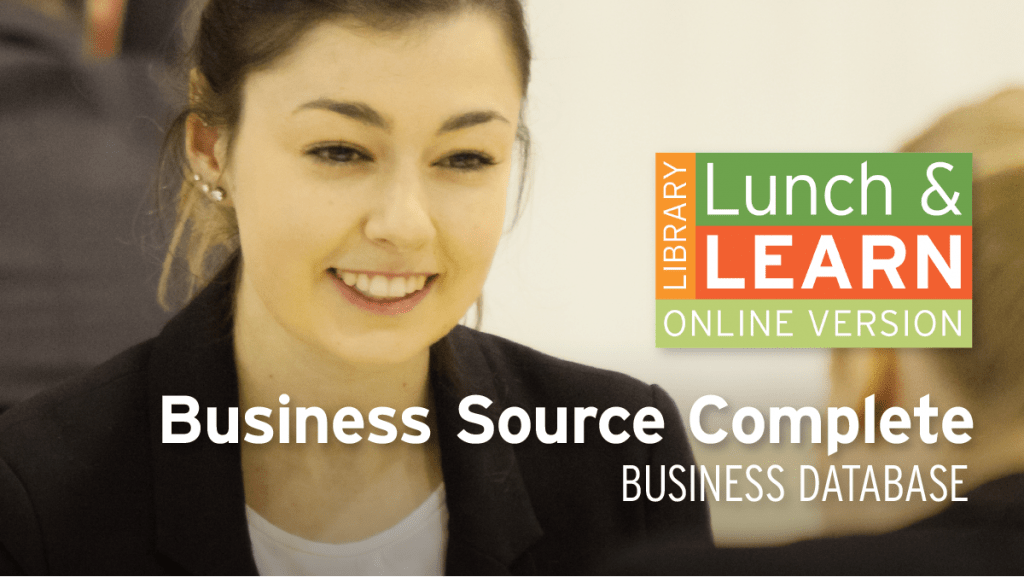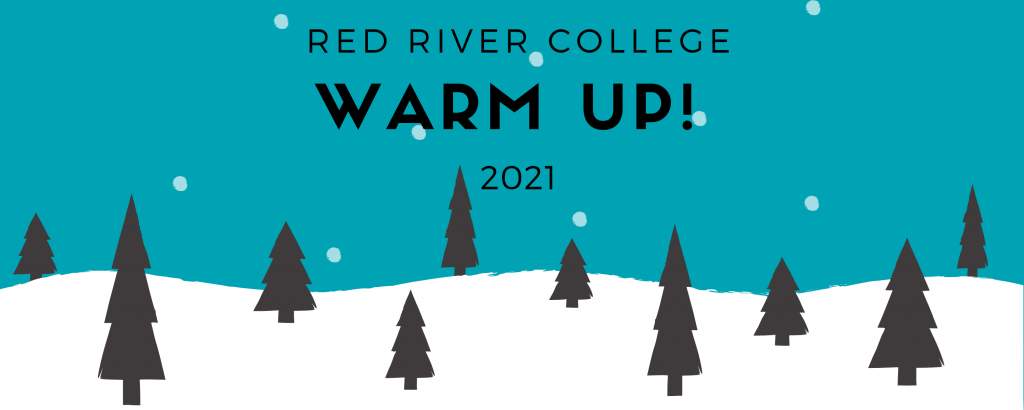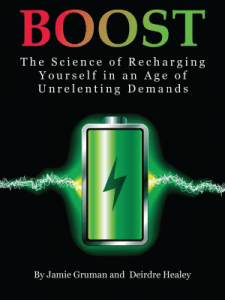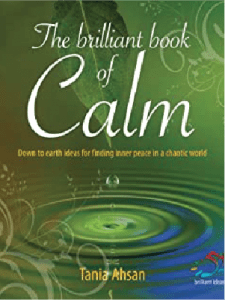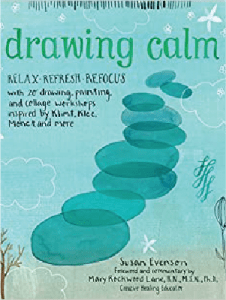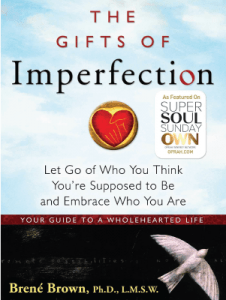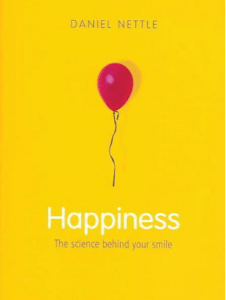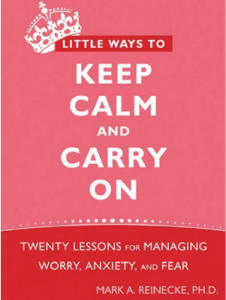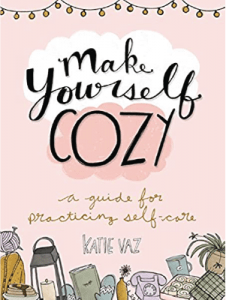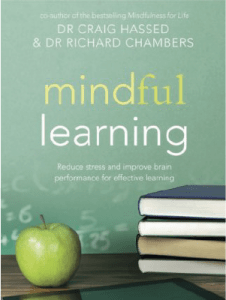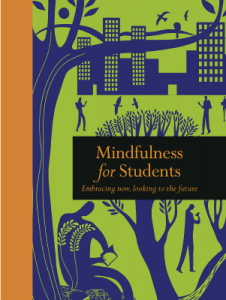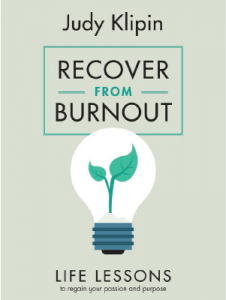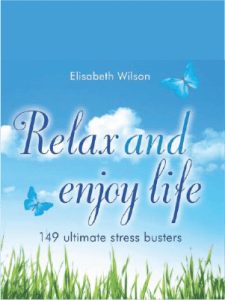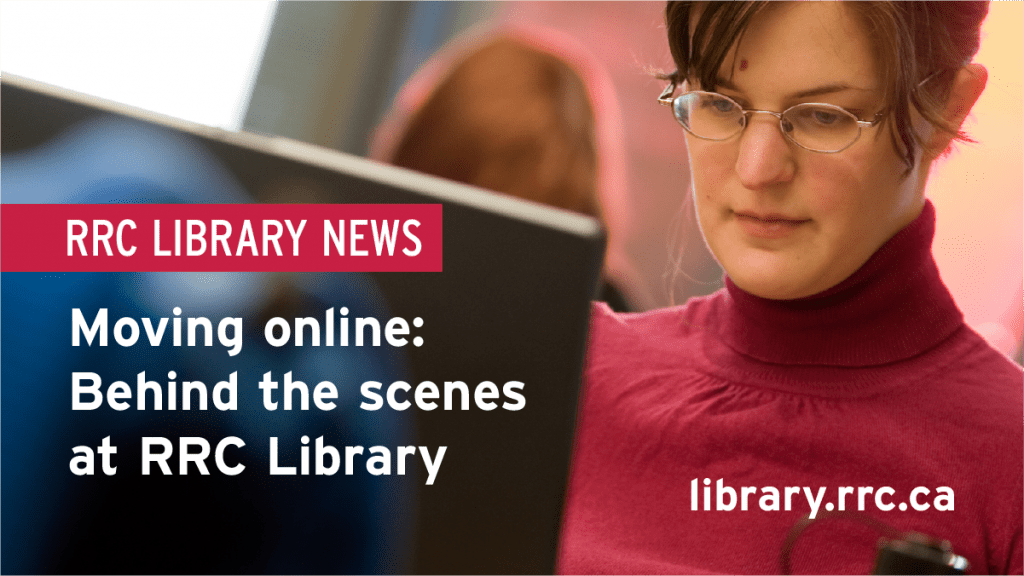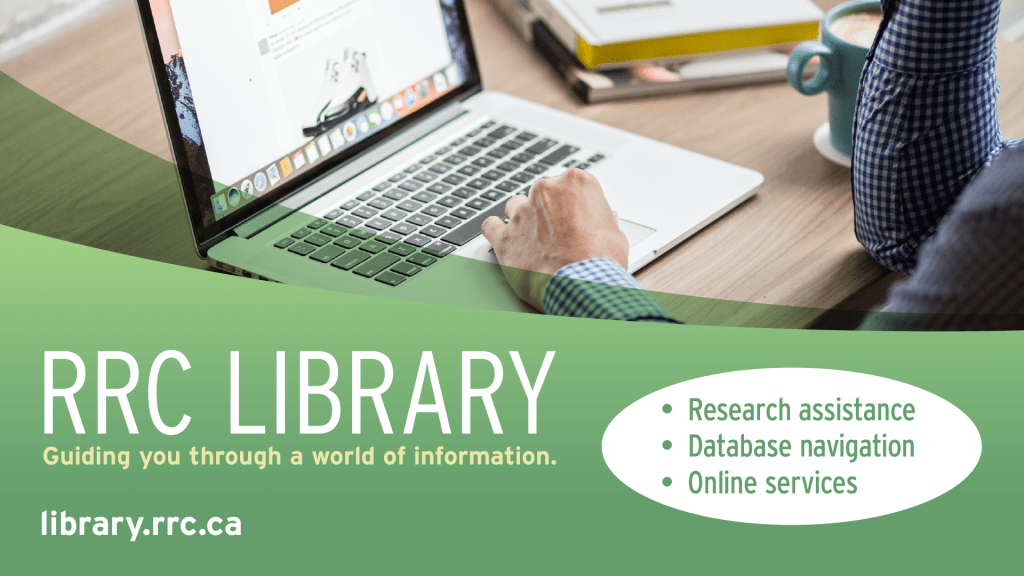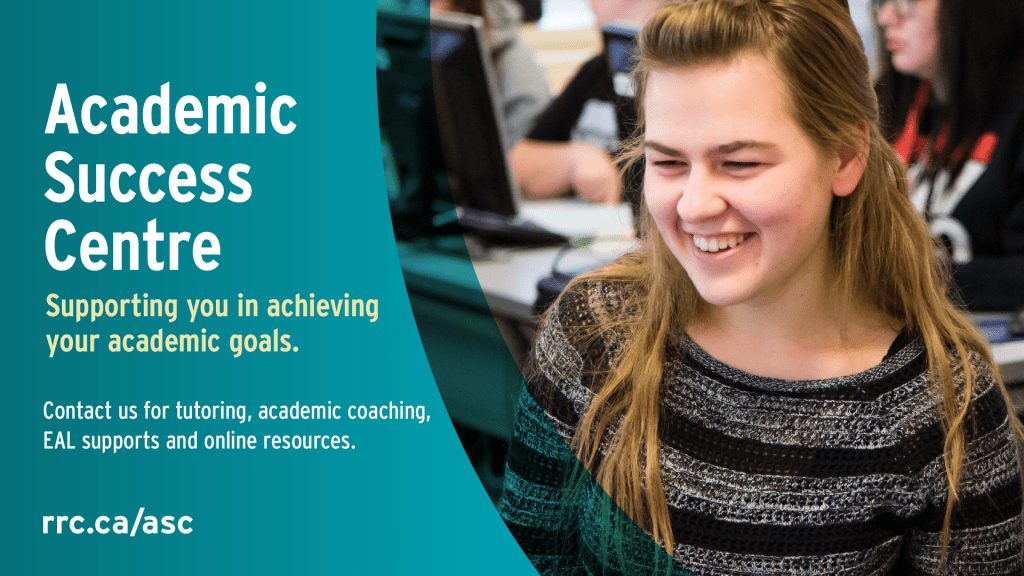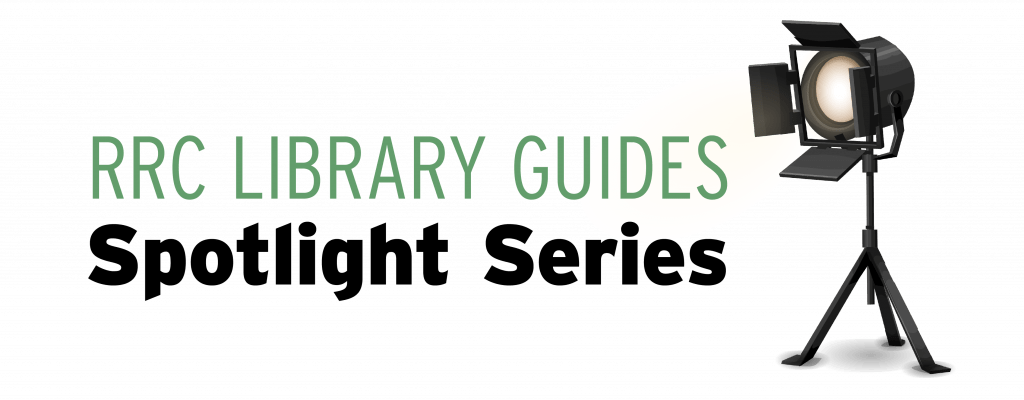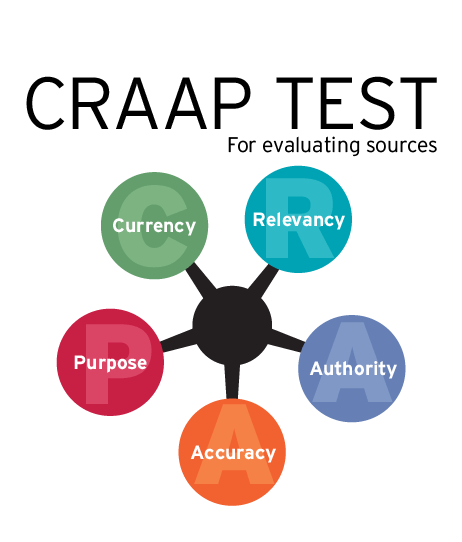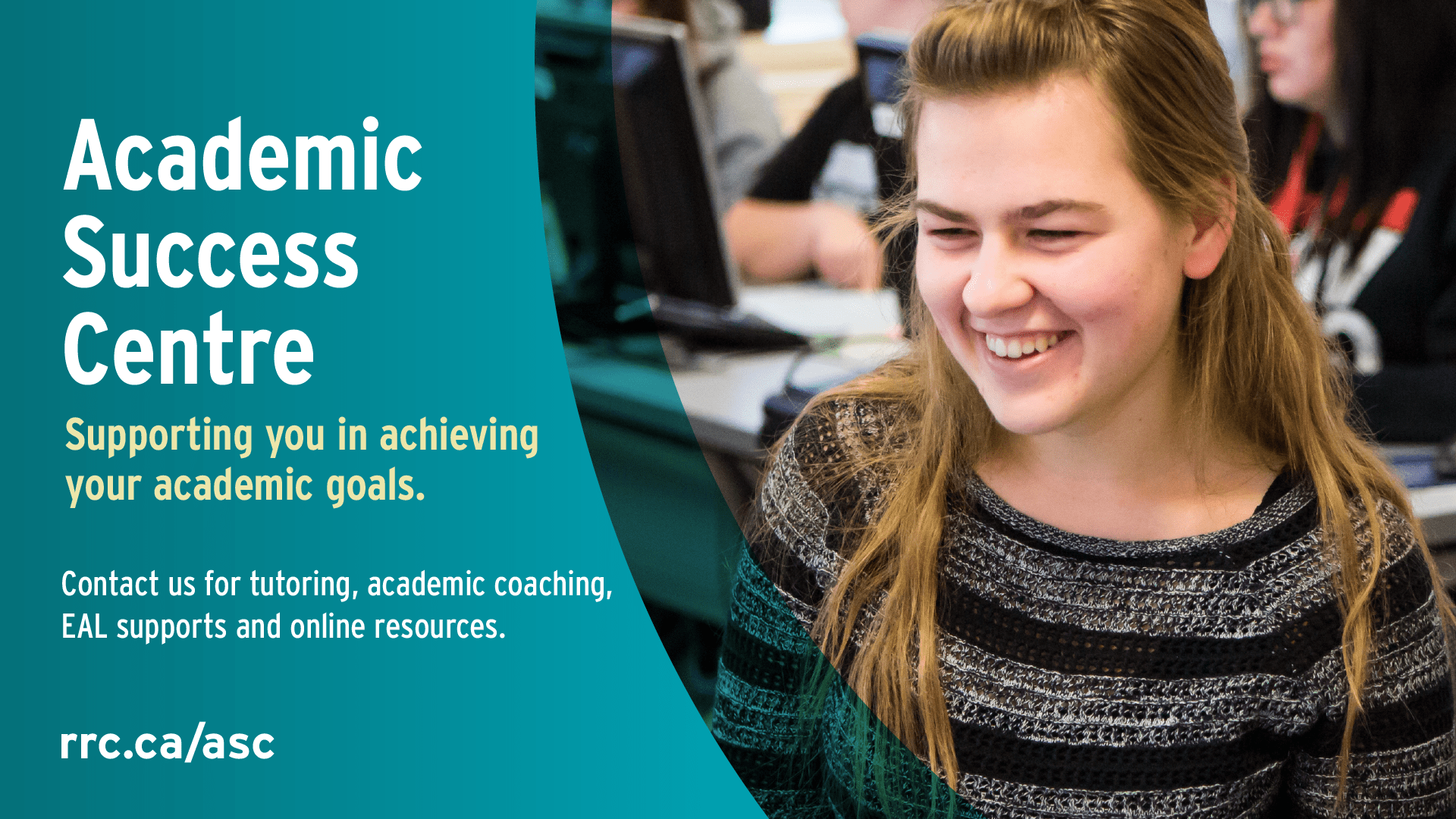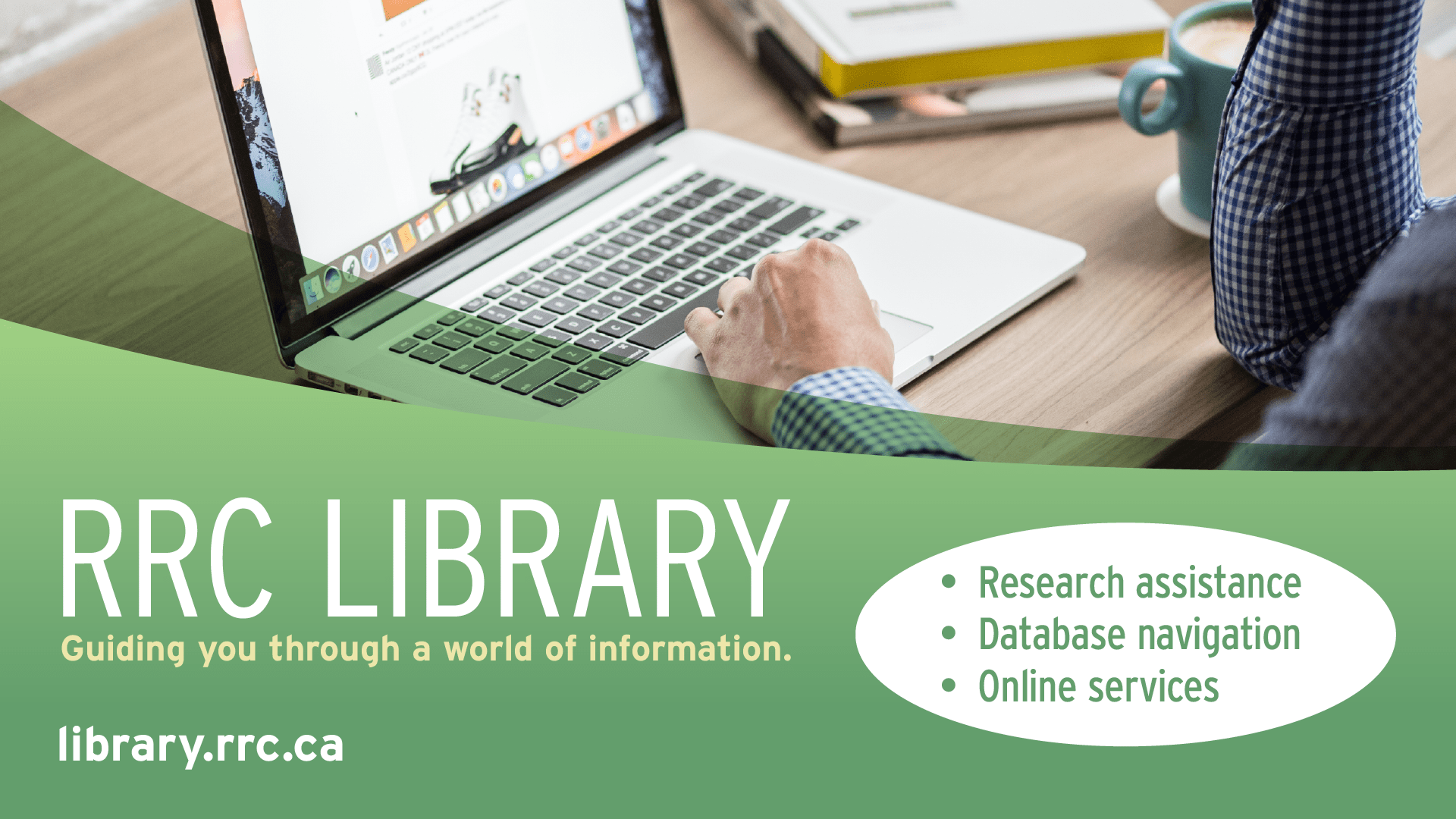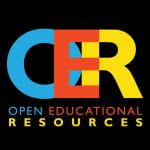Library 101: A Good Place to Start
If you are new (or even if you are returning) to RRC Library, the various options on our website can seem overwhelming. At the same time, what you see on the surface is only the tip of the iceberg. We encourage you to check out our Library 101 collection of guides, which are designed to help you get the most out of your Library experience. These are a great starting point if you are unfamiliar with our Library or just want general guidance.
There are three sections, which may be used in any order:
Our online service desk is open
In addition to our Library 101, our online service desk is open during our regular hours. If you have a question, Ask Us at library.rrc.ca! We’d love to hear from you!

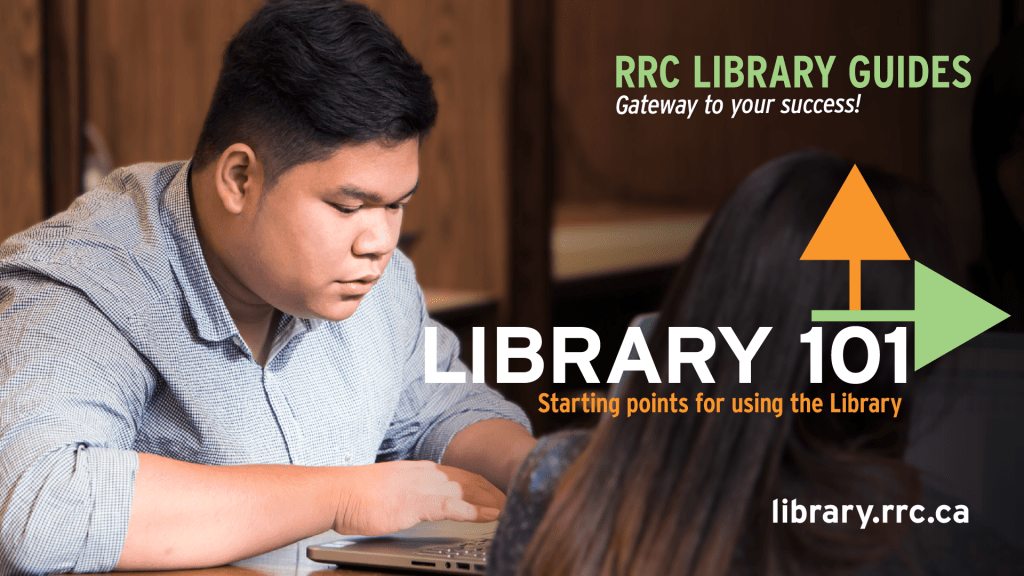

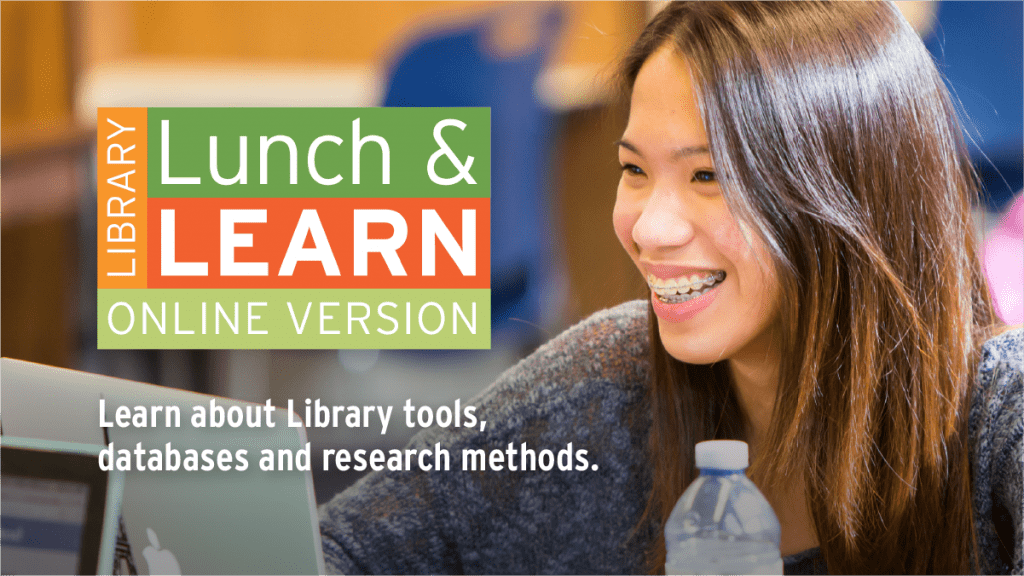
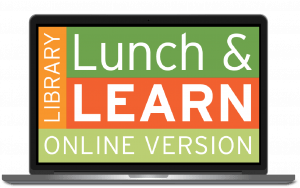 The world of information is increasingly vast and also tainted by a great deal of misinformation. Library Lunch and Learn is a series of mini-lectures designed to teach you the specifics of finding and evaluating information. We also demonstrate the ins and outs of individual databases, which offer a wealth of information catered to your area of expertise.
The world of information is increasingly vast and also tainted by a great deal of misinformation. Library Lunch and Learn is a series of mini-lectures designed to teach you the specifics of finding and evaluating information. We also demonstrate the ins and outs of individual databases, which offer a wealth of information catered to your area of expertise.